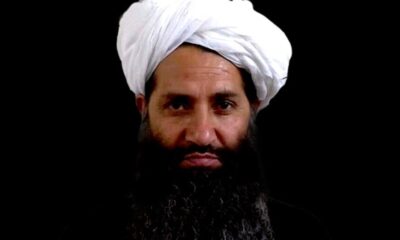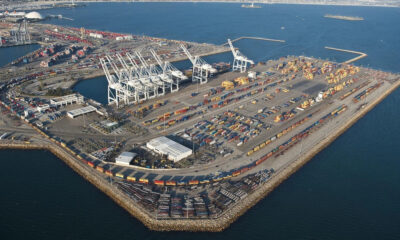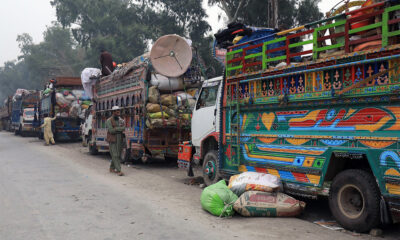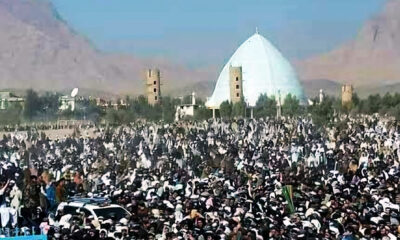Latest News
Watchdogs outraged over photo of Australian soldier drinking from prosthetic leg

Patricia Gossman, Associate Asia Director for Human Rights Watch, has called on the Afghan government to speak up for victims of the alleged war crimes carried out by Australia’s special forces.
Following the publication on Tuesday of a photograph of an Australian special forces soldier drinking beer out of a prosthetic leg belonging to a dead Taliban fighter, Gossman tweeted: “The Afghan government should speak up for the victims and demand a thorough and independent investigation of all alleged crimes, prosecutions of those responsible, and adequate and swift compensation to the Afghans harmed by these crimes.”
Zabiullah Farhang, a spokesman for the Afghanistan Independent Human Rights Commission (AIHRC) said the photos showed Australian soldiers “had no respect for the life of Afghans here”.
Other Afghans reacted with as much disgust at the photograph, and others published in Australian media.
“It is the most disgusting, shocking and horrific image I’ve ever seen,” Hayatullah Fazly, a member of the provincial council in Uruzgan, told the Guardian.
“It is more painful when you consider that [the soldiers] were here to help us and make us feel safe. It’s shameful.”
The publication of the images follows the release last week of a redacted report into Australian special forces’ conduct in Afghanistan that linked soldiers to the unlawful deaths of 39 prisoners and civilians.
One alleged incident, heavily redacted in the report, is described as “possibly the most disgraceful episode in Australia’s military history”.
A special investigator’s office has been set up to prosecute the alleged crimes detailed in the report.
Farhang meanwhile told the Guardian: “This is a true violation of international human rights and also it is a war crime. We welcome the Australian prime minister’s efforts in creating an [office] to investigate it, this will help in discovering more crimes.
“We ask the Australian government to hear and accept the demands of victims … [to help in] bringing the responsible to justice. The special committee should also facilitate a way in which the victims can directly contact them,” he said.
Gossman also said prosecutors needed to “investigate up the chain of command” and hold senior officers criminally liable if they knew about the alleged crimes and failed to prevent them or punish those responsible.
Latest News
Islamic Emirate faces a wave of negative propaganda: Supreme leader
In his speech, Akhundzada emphasized on avoiding division and disunity, stating that the survival of the system lies in unity and solidarity.
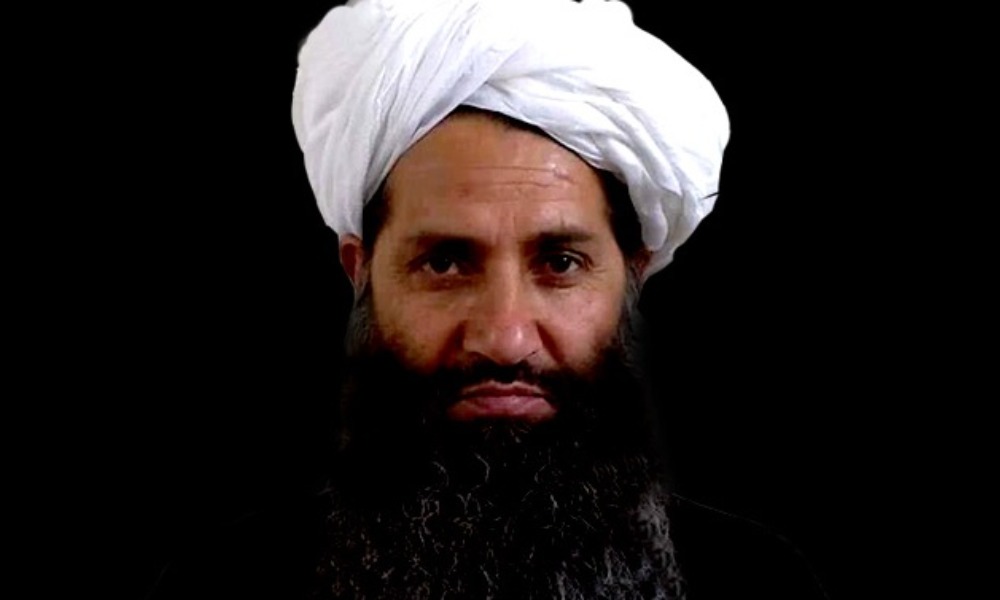
Mawlawi Hibatullah Akhundzada, supreme leader of the Islamic Emirate of Afghanistan (IEA), led Eid-ul-Fitr prayer in Kandahar province on Sunday, attended by thousands of people.
In his speech, Akhundzada emphasized on avoiding division and disunity, stating that the survival of the system lies in unity and solidarity.
He added that the Islamic Emirate is facing a wave of negative propaganda, and its enemies are using these tactics to incite war and conflict in the country once again.
He warned that division would lead to the failure of Muslims and the collapse of systems.
The leader of the Islamic Emirate further mentioned that they sacrificed their lives for 20 years to achieve victory in jihad, and protecting this system requires even more sacrifices.
He called on the people, the forces of the Islamic Emirate, and officials to obey the leadership’s orders, emphasizing that the absence of leadership in the past led to civil wars, which must not be repeated.
Latest News
Pakistan finalizes plans to detain and deport Afghans as deadline nears
Pakistan has granted Afghan migrants, both undocumented and those holding ACC cards, a deadline of March 31 to voluntarily leave the country.
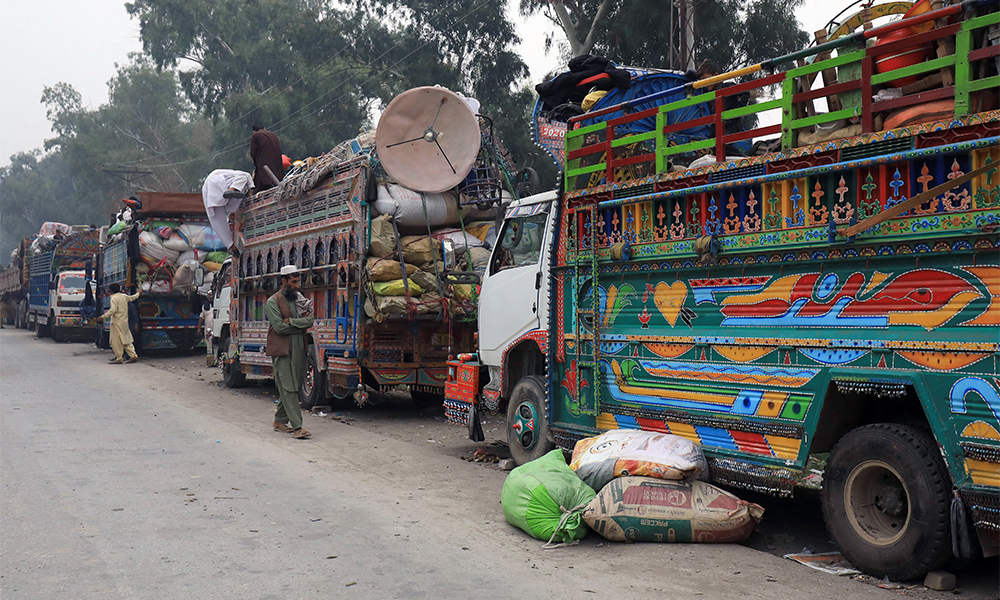
Officials in Pakistan have completed arrangements to detain and expel Afghan citizens following the March 31 deadline for their voluntary return to Afghanistan. This move is part of the country’s plan to address the growing concerns regarding the status of Afghan migrants in Pakistan.
A high-level meeting on Friday, chaired by Interior Minister Mohsin Naqvi, reviewed the measures to repatriate Afghan Citizen Card (ACC) holders. This meeting focused on ensuring the effective execution of the government’s deadline and the logistics surrounding the return process.
Despite requests from the Afghan government and human rights organizations, Pakistani authorities have firmly rejected extending the deadline for the return of ACC holders. The Pakistani government had initially set the deadline for the end of March, and the expulsion process will move forward as planned.
Mohsin Naqvi also revealed that Talal Chaudhry, the State Minister for Interior, would travel to the provinces to assess and address any challenges and potential issues in the process of Afghan migrants’ return.
Meanwhile, Pakistani security forces have detained at least 932 Afghan migrants in Rawalpindi, as the deadline for the expulsion of Afghan migrants with ACC cards approaches.
Human rights organizations have strongly condemned Pakistan’s recent decision to expel Afghan refugees, labeling it a violation of international law and a potential humanitarian crisis. They argue that many of these refugees, including human rights defenders, political activists, and victims of gender-based violence, fled Afghanistan to escape persecution and are now at risk of facing harm if deported.
The Human Rights Commission of Pakistan (HRCP) has expressed deep concern over the government’s ultimatum for undocumented immigrants to leave by March 31, warning that this could lead to a humanitarian disaster. They highlight that such forced repatriation violates international customary law and could adversely affect vulnerable groups, including women, children, the elderly, and individuals with disabilities.
Amnesty International has called on Pakistan to halt the detentions, deportations, and harassment of Afghan refugees, emphasizing that these actions violate the principle of non-refoulement, which prohibits returning individuals to places where they face risks of persecution. They stress that deporting Afghan refugees, especially women and girls, could deny them access to safety, education, and livelihoods.
Pakistan has granted Afghan migrants, both undocumented and those holding ACC cards, a deadline of March 31 to voluntarily leave the country.
However, Pakistani officials confirmed that Afghan migrants holding “PoR” cards are not at risk of being expelled until June 30.
Meanwhile, the International Organization for Migration (IOM) reported a sharp decline in Afghan returns and deportations during the first half of March. Between March 1 and 15, returns dropped by 67 per cent, while deportations fell by 50 per cent compared to the previous reporting period (February 16-28).
Latest News
Eid prayer led by IEA leader in Kandahar: Mujahid
Abdul Salam Hanafi, the Deputy Prime Minister for Administrative Affairs, called on opposition groups to return to Afghanistan and participate in the country’s reconstruction.
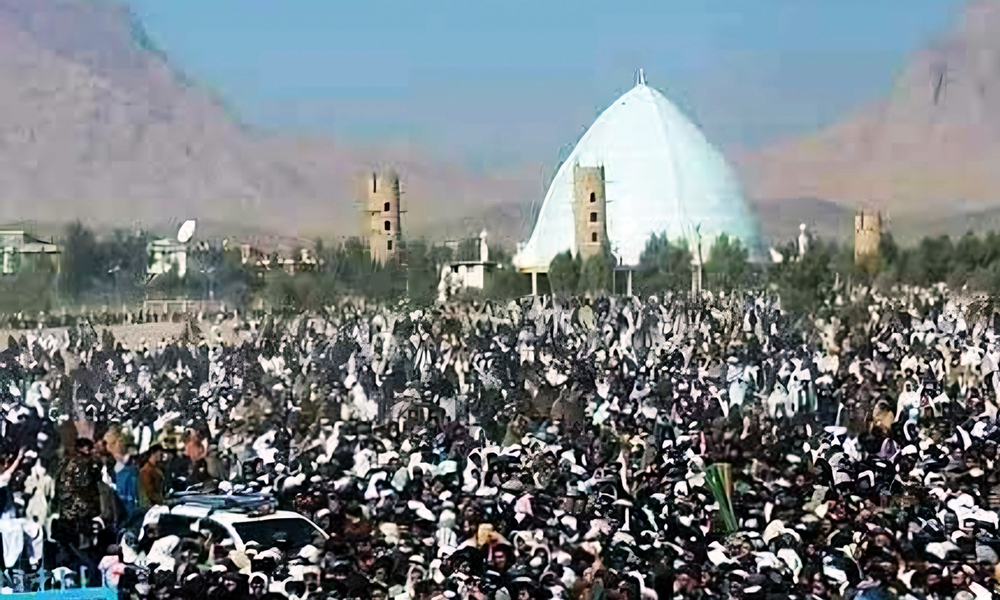
Zabihullah Mujahid, the spokesperson for the Islamic Emirate, announced on Sunday that the Eid al-Fitr prayer was held at the Eidgah Mosque in Kandahar, where Hibatullah Akhundzada, the Supreme Leader of the IEA, led the prayers.
Thousands of people attended the event, marking a significant religious occasion.
Other IEA senior officials gathered for the Eid prayer at the ARG (Presidential Palace) in Kabul.
Mullah Abdul Ghani Baradar, the Deputy Prime Minister for Economic Affairs, took the opportunity to address the public, stating that the Islamic Emirate is ready to engage with the world based on mutual respect. He also emphasized the importance of unity and solidarity among the Afghan people.
Baradar stressed that rebuilding the country requires internal unity and that no foreign entity can achieve this task for Afghanistan. On security, he highlighted the achievements of the past three years, asserting that under their administration, Afghanistan has become fully secure.
He reaffirmed that the IEA is committed to fostering international relations through an “economy-driven policy.”
Abdul Salam Hanafi, the Deputy Prime Minister for Administrative Affairs, called on opposition groups to return to Afghanistan and participate in the country’s reconstruction.
Hanafi reiterated the IEA’s desire for economy-driven relations with all regional and global powers based on mutual respect.
Mohammad Yousuf Wafa, the Governor of Balkh, also affirmed that the current system will not be undermined. He stated, “This system was established through great sacrifices, and it is our collective duty to defend it.”
The Eid prayers and the speeches of the IEA leadership underscored a message of unity, security, and a desire for positive international engagement.
-

 World5 days ago
World5 days agoSecretive Chinese network tries to lure fired US federal workers, research shows
-

 Latest News4 days ago
Latest News4 days agoAfghanistan has the right to access Amu River’s water: Uzbek minister
-

 Climate Change5 days ago
Climate Change5 days agoUN and ICRC warn of serious water shortage in Afghanistan
-

 Latest News4 days ago
Latest News4 days agoAmnesty international urges Pakistan to halt Afghan deportations
-

 International Sports5 days ago
International Sports5 days agoIPL 2025: Punjab Kings secure thrilling 11-run win over Gujurat Titans
-
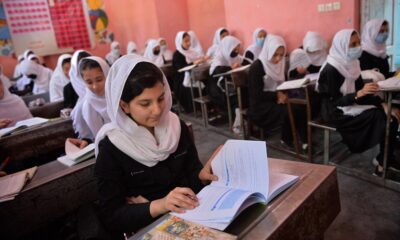
 Latest News4 days ago
Latest News4 days agoUN ‘deeply disappointed’ over ongoing ban on girls’ secondary education
-

 Latest News4 days ago
Latest News4 days agoAfghanistan-Iran-Europe railway corridor activated
-

 Business3 days ago
Business3 days agoAfghanistan ships first consignment to Europe via Khaf-Herat railway


